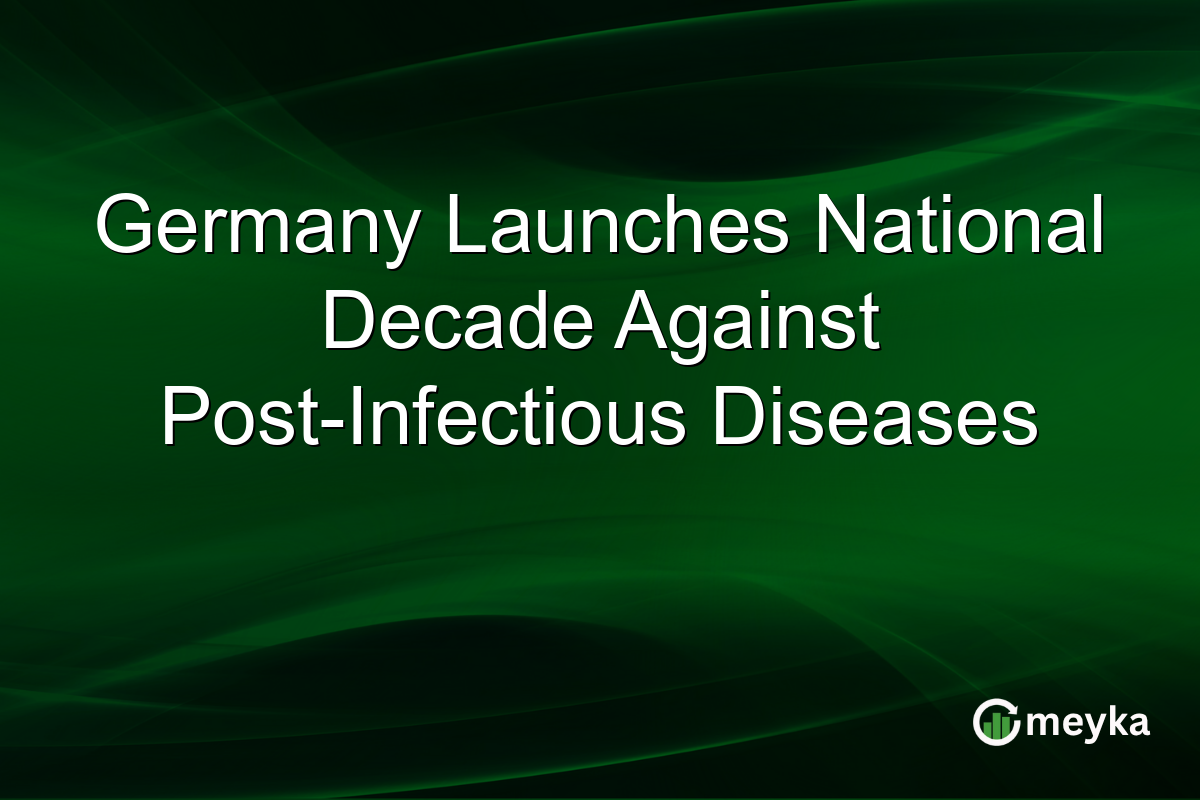Germany Launches National Decade Against Post-Infectious Diseases
Germany has announced a groundbreaking initiative to tackle post-infectious diseases, with a particular focus on Long COVID. Spearheaded by Nina Warken and Dorothee Bär, this program promises a €500 million investment starting in 2026. This national endeavor underscores the government’s commitment to addressing the long-term health impacts stemming from infectious diseases, a growing concern affecting numerous citizens.
Continue Reading on Meyka
This article is available in full on our main platform. Get access to complete analysis, stock insights, and more.
Read Full Article →





